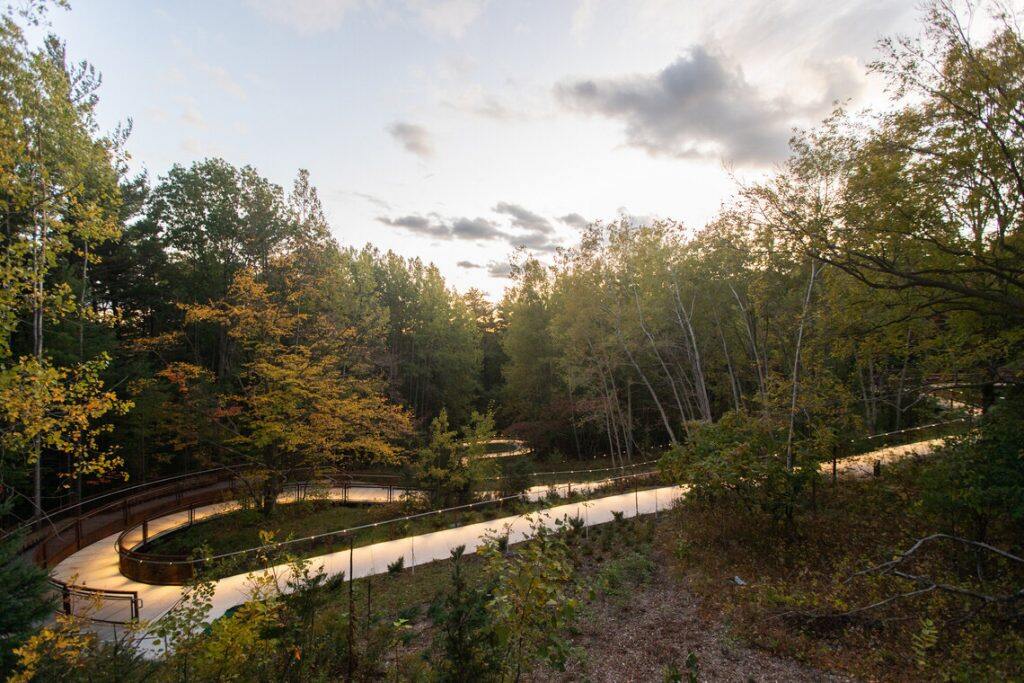

If you’re feeling stressed, anxious or discouraged, finding the energy to get outdoors may be hard – but it could be one of the best things you could do to lift your mood, particularly during COVID-19.
Ontario health-care providers are now offering “Parks Prescriptions” through a new program called PaRx that recommends spending time in nature as a way to fight depression and other ailments.
The initiative, started by the BC Parks Foundation, cites research that states our stress-hormone levels drop significantly after just 15 minutes of sitting in a forest. Spending time in nature also boosts memory, creativity and work satisfaction, according to the program.
Likewise, the Centre for Addiction and Mental Health says nature can have a nurturing effect on your mental health. Even just spending 15 to 20 minutes per day outdoors in nature can be beneficial, research shows.
Danijela Puric-Mladenovic, an assistant professor of forestry at the University of Toronto’s John H. Daniels Faculty of Architecture, Landscape, and Design, has been championing the healing properties of nature for decades.
She is an avid hiker who regularly spends weekends exploring Ontario’s trails with her children and Shetland sheepdog.
In a recent conversation with U of T News, Puric-Mladenovic discussed the importance of forests and the outdoors in general to our well-being, as well as the urgency of increasing accessibility to green space in and around Toronto.
How important is it to get outdoors, or spend time around trees?
Human health depends on nature. In Japan, they realized that the urban population was having all sorts of health issues, so their ministries of forestry and health worked together to research and advocate for the benefits of “forest bathing” – or what most of us know as hiking. They discovered that, physiologically, our bodies and cells react positively to spending time in nature.
If you have forests, there are a multitude of benefits. In addition to being good for our health, trees provide a natural climate solution. The cheapest and most sustainable way to address many environmental problems is to plant trees.
How did you discover your passion for forests?
Growing up in Serbia, we were educated from elementary school onwards to understand nature and forests as fundamental to human health. We walked everywhere, and we were surrounded by nature. On the weekends, we joined hiking clubs whose membership ranged from seven to 90 years of age. We would drive to a hiking area and stay for two days. So, there’s a social aspect to the experience, too. Nature brings people together.
In Europe, it’s not uncommon for doctors to prescribe time in nature for a variety of conditions, whether that is asthma or a mental health issue. Many mental health institutions in Europe are located outside of the city, up in the mountains and on huge properties with lots of forest cover. There might be pine trees, whose scents have a positive impact on our breathing. People there are asked to do repetitive tasks like gardening to help them relax. These institutions are part of the health network.







































